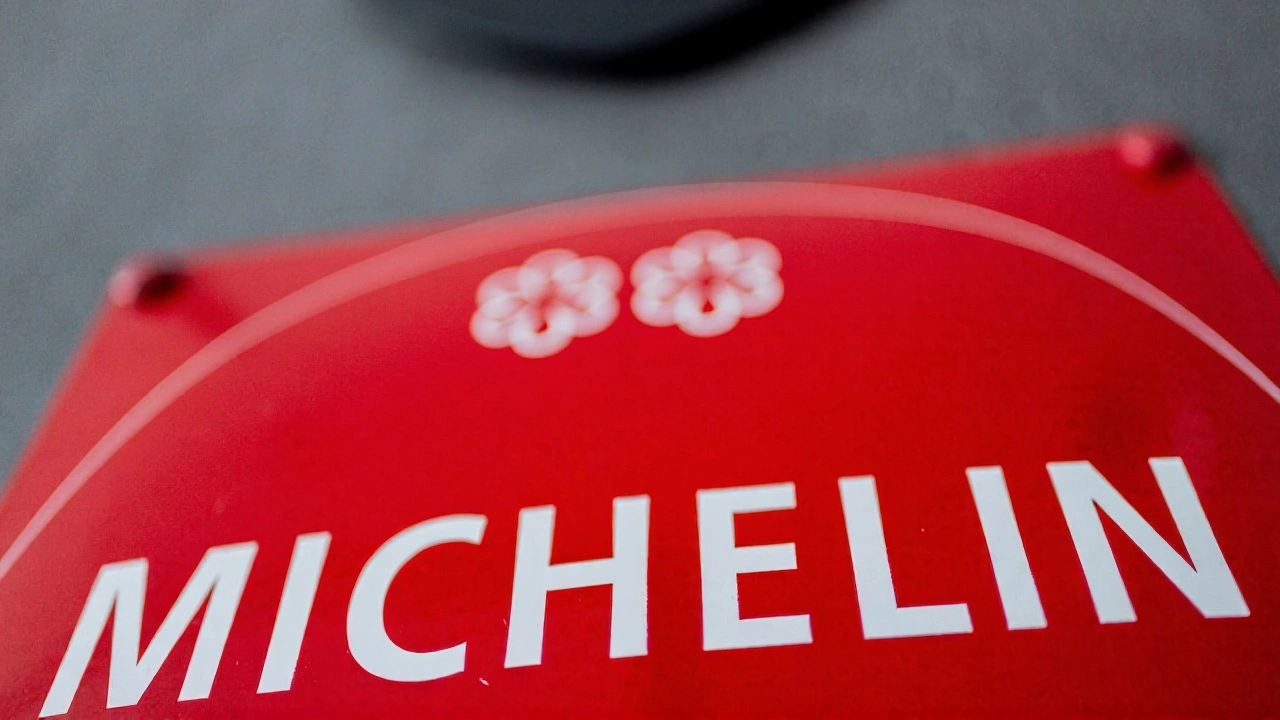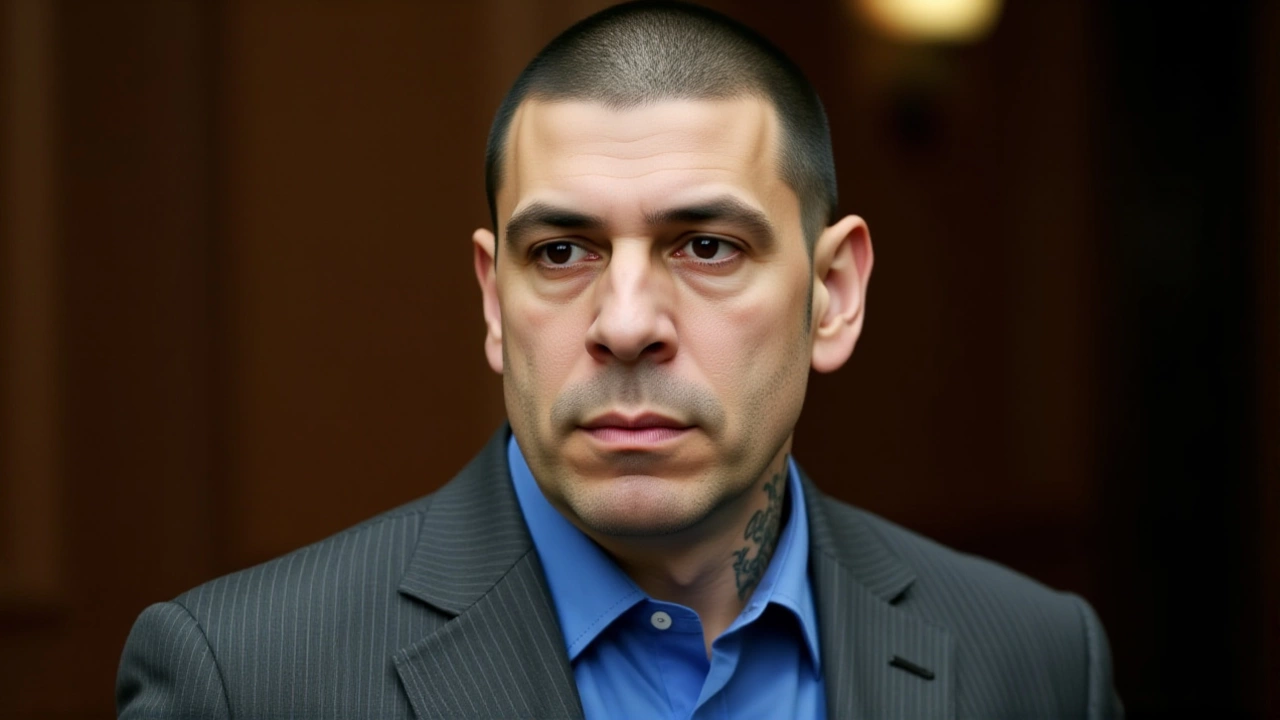When HBO premiered Veep in 2012, few could have predicted it would become one of television’s sharpest political satires — or that three alumni from a single college humor magazine would steer its most acclaimed seasons. David Mandel, Billy Kimball, and Alexis Wilkinson — all graduates of the Harvard Lampoon — didn’t just work on the show. They defined its voice during its golden era, from season five through its 2019 finale.
The Lampoon Pipeline to Power
The Harvard Lampoon has long been a secret incubator for comedy talent. Founded in 1876, it’s where future writers learned to weaponize absurdity against authority — a skill that translated perfectly to Veep. Mandel, who graduated in 1988, once described balancing government classes with late-night Lampoon edits as “training for managing a writers’ room.” By season five, he’d taken over as showrunner from creator Armando Iannucci, bringing with him a writing philosophy shaped by years of satire: no committee writing, no safety nets.“I gave each writer ownership of their episode,” Mandel told Creative Screenwriting in 2025. “If it bombed, it was theirs. If it killed, they owned the applause.” That approach, paired with a team of 10 to 12 writers who spent the first two months of each season mapping out story arcs on whiteboards, created a level of narrative cohesion rare in comedy. Each episode took three weeks just to outline — a luxury most TV shows can’t afford.
Behind the Scenes: Mandel, Kimball, and Wilkinson
David Mandel didn’t just run the show — he directed key episodes, earning Emmy nominations for “Kissing Your Sister,” “Groundbreaking,” and the series finale. His credits before Veep included writing for Seinfeld (notably “The Bizarro Jerry”) and Saturday Night Live, where his fascination with political history, honed at Harvard, became a secret weapon. In 2024, he received the Horace Mann Alumni Award for “an acclaimed career in television writing, producing, and directing,” cementing his legacy.Meanwhile, Billy Kimball, a 1982 graduate and former Lampoon editor, served as co-executive producer and won two Emmys for his writing on Veep. His resume reads like a comedy hall of fame: nine episodes of The Simpsons, head writer for the 88th and 89th Academy Awards, and a key architect of the show’s rapid-fire insults and bureaucratic farce. “Billy had this uncanny ability to make a character sound like they were both brilliant and utterly clueless,” one former writer recalled. “That was the whole point of Selina Meyer’s world.”
Then there’s Alexis Wilkinson, who in 2013 became the first Black woman president of the Harvard Lampoon. Her ascent was historic — and her voice, sharp and unflinching, reshaped the show’s perspective. As a staff writer for seasons five through seven, Wilkinson brought authenticity to scenes involving race, gender, and power dynamics that had previously been sidelined. “She didn’t just write jokes,” said Mandel in an OnWriting podcast. “She wrote truths disguised as punchlines.”

Why the Show Ended — and Why It Still Matters
Veep ended in 2019, its final season airing from March 31 onward. The decision wasn’t artistic fatigue. It was existential. “We were competing against a different set of writers,” Mandel told Harvard Magazine. “They were working on a show called Trump.”By season seven, real-life political absurdity had outpaced satire. The show’s signature device — the slow-motion collapse of a politician’s dignity — suddenly felt like a documentary. “We didn’t want to become parody of parody,” Mandel said. “We wanted to end on our terms.”
The impact lingers. Veep won 17 Emmys, including Outstanding Comedy Series three years in a row. Its influence is visible in shows like The Good Fight and Succession, which borrowed its rhythm of rapid dialogue and moral ambiguity. But perhaps its most lasting contribution is proving that comedy could be both hilarious and devastating — and that the people behind it didn’t come from Hollywood, but from a basement in Cambridge, Massachusetts.

The Legacy of the Lampoon
The Harvard Lampoon has produced writers for Family Guy, 30 Rock, and SNL, but few have had the cultural footprint of Mandel, Kimball, and Wilkinson on Veep. Their collaboration wasn’t accidental. It was a chain reaction: one editor’s bold choice, one writer’s courage to speak truth, one showrunner’s refusal to compromise.When Wilkinson stepped into the Lampoon’s presidency, she didn’t just break a barrier — she opened a door. When Mandel took over Veep, he didn’t just inherit a hit — he turned it into a mirror. And when Kimball crafted the final insult that ended an episode, he didn’t just write a joke — he captured the exhaustion of a generation watching power rot from the inside.
Frequently Asked Questions
How did David Mandel’s Harvard Lampoon experience shape his approach to Veep?
Mandel’s time at the Harvard Lampoon taught him to write with ruthless precision and embrace chaotic collaboration — skills essential for managing Veep’s writers’ room. Unlike traditional TV rooms that rely on group rewriting, Mandel gave individual writers full ownership of episodes, a method he developed while editing Lampoon’s satirical pieces under tight deadlines. This approach fostered sharper, more original scripts and earned him multiple Emmy nominations.
What role did Alexis Wilkinson play in diversifying Veep’s writing team?
As the first Black woman president of the Harvard Lampoon, Wilkinson brought fresh perspectives on race, gender, and institutional power to Veep’s scripts. Her episodes tackled microaggressions and political tokenism with nuance, avoiding caricature. She didn’t just add diversity — she redefined how the show portrayed marginalized voices within a corrupt system, making Selina Meyer’s world feel more real and layered.
Why did Veep end after seven seasons despite its success?
Showrunner David Mandel said the show ended because real-world politics had become more absurd than satire could match. With Donald Trump’s presidency dominating headlines, Veep’s fictional incompetence felt outdated. Mandel didn’t want to chase reality — he chose to exit on top, preserving the show’s legacy as a biting, self-aware comedy rather than a tired imitation of news headlines.
How many Emmy Awards did Veep win, and who were the key contributors?
Veep won 17 Primetime Emmy Awards, including four for Outstanding Comedy Series. David Mandel earned two Emmys as executive producer and showrunner, while Billy Kimball won two for writing, including the Writers Guild of America Award for Best Comedy Writing. The show’s cast, especially Julia Louis-Dreyfus, also received multiple acting awards, making it one of the most decorated comedies in TV history.
What’s the connection between Veep and The Thick of It?
Veep is an American adaptation of the BBC’s The Thick of It, created by Armando Iannucci. Both shows follow the chaotic inner workings of political leadership, using rapid-fire dialogue and cringe humor. While The Thick of It focused on the UK government, Veep transplanted the tone and structure to Washington D.C., with Mandel’s team expanding its scope to include presidential campaigns, media manipulation, and partisan gridlock.
Did any other Harvard Lampoon alumni work on Veep besides Mandel, Kimball, and Wilkinson?
While Mandel, Kimball, and Wilkinson were the most prominent Lampoon alumni on Veep, several other writers and producers had ties to Harvard’s humor scene, though not necessarily the Lampoon itself. The show’s writers’ room often drew from Ivy League comedy circles, creating a subtle but consistent tone rooted in intellectual satire — a legacy that traces back to the Lampoon’s tradition of blending wit with institutional critique.

